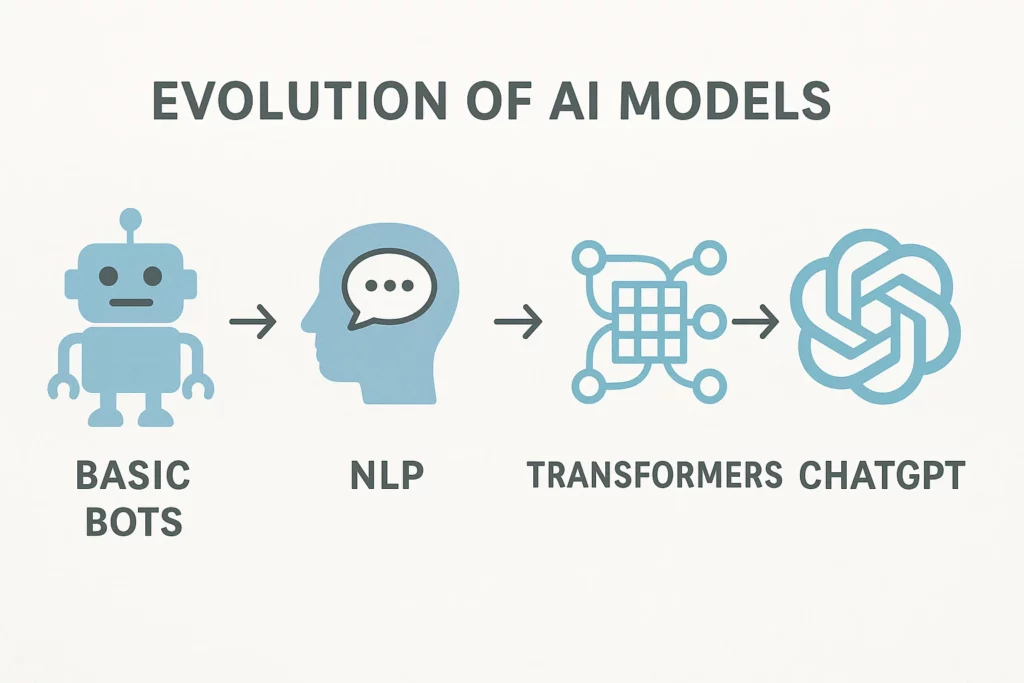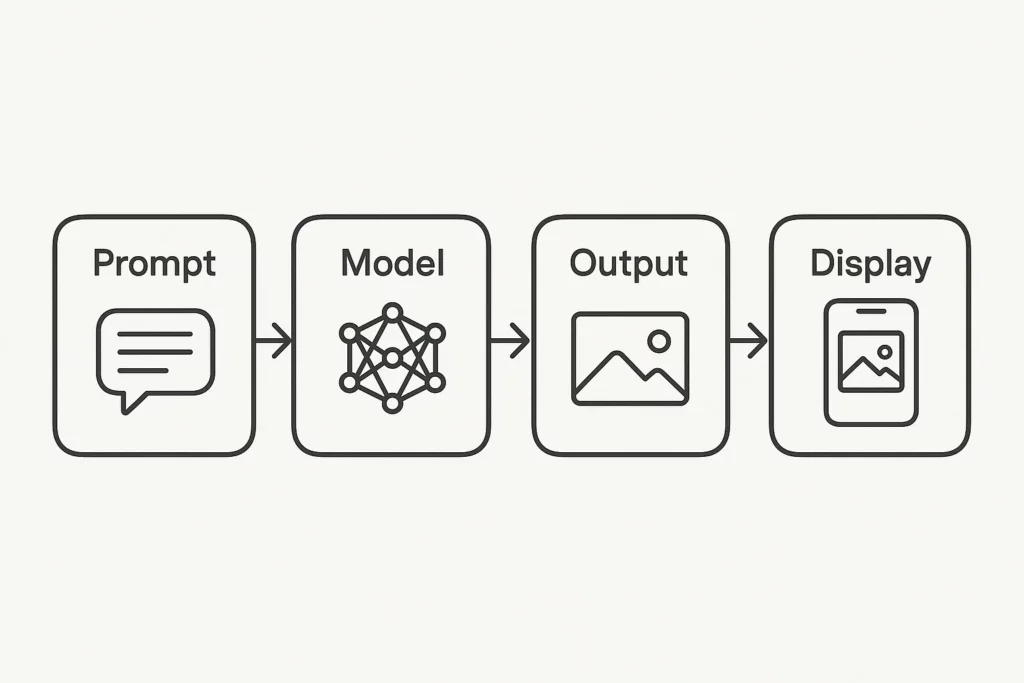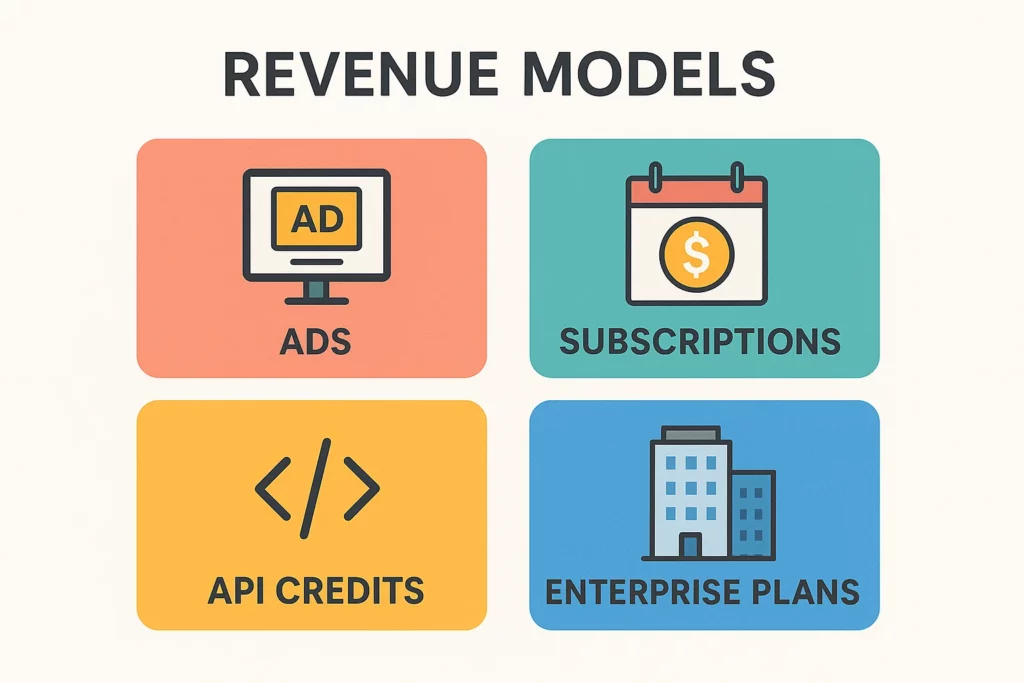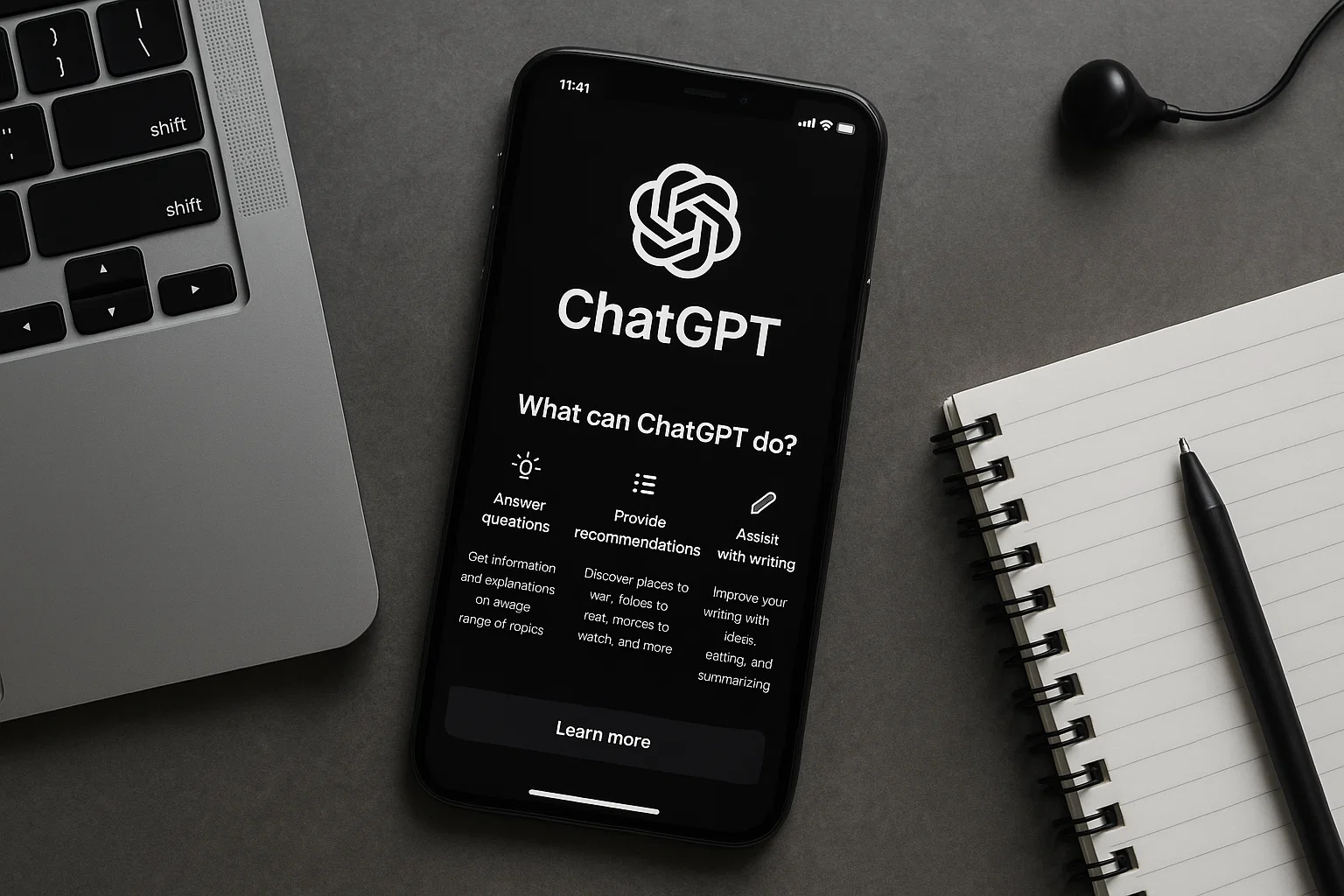Ever wished you had a smart assistant who never sleeps, answers instantly, and kinda sounds like your favorite podcast host? That’s basically ChatGPT for millions of users. It’s not just a chatbot—it’s a digital companion, a writing buddy, and even a therapist on a bad day. Whether you’re a solo founder battling burnout or a content creator juggling deadlines, ChatGPT has likely found its way into your workflow… or your browser tabs.
The boom of generative AI didn’t just “happen.” It exploded—like popcorn in a microwave. Since OpenAI released ChatGPT, entrepreneurs, educators, developers, and even your cousin Ravi (who can’t stop sending AI memes) are all talking about it. Apps built on top of this technology are becoming billion-dollar businesses. Why? Because we finally found tech that feels like magic, not a user manual.
If you’re dreaming of building your own ChatGPT-inspired app—whether it’s for finance, fitness, or something freaky in between—stick around. We’ll decode the magic behind ChatGPT and how Miracuves can help you clone its brilliance, minus the sky-high price tag.
What is ChatGPT, Really?
Let’s break it down: ChatGPT is an AI-powered chatbot developed by OpenAI, based on a family of models known as GPT (Generative Pre-trained Transformer). Think of it as Siri and Google had a brainy baby, and that baby aced every language exam ever created.
Unlike rule-based bots of the past, ChatGPT uses deep learning—specifically transformer architecture—to generate human-like responses. You type, it replies. But the real kicker? It remembers context, jokes with you, writes essays, cracks code, and doesn’t complain if you hit “regenerate response” 15 times.

How Does the ChatGPT App Work?
Here’s the behind-the-curtain breakdown, minus the jargon overload:
1. Pretraining on a Massive Diet of Data
The model is trained on a ridiculously large dataset—books, websites, forums, articles (no, not your DMs)—to understand grammar, facts, logic, and language nuances.
2. Fine-tuning with Human Feedback
Using a technique called Reinforcement Learning from Human Feedback (RLHF), the app learns which responses feel “right” to a human. It’s like giving it a conscience… sorta.
3. The Prompt → Response Flow
When you enter a prompt like “Write me a breakup text for my AI boyfriend,” here’s what happens:
- The app tokenizes your text (breaks it into bits)
- It predicts the most probable next token
- Rinse, repeat—until you get a reply that feels eerily human
Explore the business model of ChatGPT 2025 — uncover how its features, revenue streams, and AI strategies are shaping the future of conversational technology.

ChatGPT App Features That Made It a Household Name
Let’s be honest, people don’t fall in love with tech. They fall in love with features that make life easier.
Natural Conversations
Unlike robotic bots, ChatGPT chats with charm. It’s witty, empathetic, and contextual.
Multilingual Mastery
Whether it’s Spanish, Swahili, or Pig Latin (no joke), ChatGPT speaks many tongues.
Use Cases for Days
From content creation to customer support, coding to counseling, it’s like having multiple employees in one app.
Plugin Ecosystem
The latest versions support plugins, extending use cases for travel, shopping, math, and more.
See how ChatGPT features like real-time responses and customization options can transform the way your startup operates.
Why Entrepreneurs and Startups Should Care
Alright, real talk—ChatGPT isn’t just a trend. It’s a platform. And platforms breed opportunities.
- EdTech founders are turning it into AI tutors
- HR startups are using it for resume screening and interview coaching
- E-commerce stores are using GPT-based AI for product descriptions and customer chats
With the right clone or integration, you’re not just riding the AI wave—you’re building your own surfboard.
See why startups prefer our ChatGPT clone — faster launch, proven stability, and cost savings over building from scratch.
Building a ChatGPT Clone: What You Need to Know
Here’s what goes under the hood if you’re thinking of creating your own AI chatbot app:
1. Choose the Right Model
OpenAI’s GPT via API is a solid start. Others include Claude (Anthropic), Gemini (Google), or LLaMA (Meta).
2. Define the Use Case
Is it for therapists? Gamers? Real estate agents? Define the persona. ChatGPT works best when it’s focused.
3. Design a Smart UX
People don’t want to chat with a blank screen. Think avatars, chat bubbles, saved threads, and voice input.
4. Data Privacy is Non-Negotiable
Make sure you’re GDPR/CCPA-compliant and respect user data like it’s your grandma’s cookie recipe.
5. Monetization Models
From freemium to SaaS, or pay-per-response for premium tools—ChatGPT clones can be serious cash cows.

Image Source : Chat GPT
Market Stats That’ll Blow Your Mind
- ChatGPT reached 100M users in just 2 months — the fastest in internet history.
- AI app installs surged 1500% year-over-year, per SensorTower.
- By 2030, generative AI is projected to add $4.4 trillion annually to the global economy.
Why Miracuves is Your Secret Weapon
At Miracuves, we don’t just clone apps—we engineer opportunities. Whether you want a ChatGPT-style chatbot, an AI content platform, or a support assistant tailored for your niche, we help you:
- Cut down dev time by 70%
- Go live faster with full-stack deployment
- Add AI smarts that feel human
- Scale without breaking the bank (or your spirit)
We’ve done it for startups across fintech, edtech, and healthtech—and we can do it for you.
Turn your AI vision into reality — learn the true cost to develop ChatGPT for a scalable solution and compare the best clone scripts in 2025 to launch faster, smarter, and ready for global impact.
Conclusion
ChatGPT is more than a chatbot—it’s a paradigm shift. And for entrepreneurs with vision, it’s a goldmine waiting to be tapped. Build smart. Launch faster. Go further.
At Miracuves, we help innovators launch high-performance app clones that are fast, scalable, and monetization-ready. Ready to turn your idea into reality? Let’s build together.
FAQs
Is ChatGPT free to use?
Yes! There’s a free tier using GPT-3.5, and a premium version ($20/month) that gives access to GPT-4 and more advanced features.
Can I build my own app like ChatGPT?
Absolutely. You can leverage OpenAI’s API or even open-source models. Miracuves can help develop and customize it to your niche.
What’s the difference between GPT-3.5 and GPT-4?
GPT-4 is more accurate, handles longer context, and is generally more “intelligent.” GPT-3.5 is great for basic tasks.
Is it safe to use ChatGPT in my business?
Yes, but ensure data privacy, especially if handling user-sensitive information. Always read the provider’s data use policy.
What can ChatGPT do beyond chatting?
It can write blogs, debug code, summarize documents, translate languages, tutor students, and even act as a business consultant.
How can Miracuves help me build a ChatGPT-style app?
We offer ready-to-launch AI chatbot platforms, custom dev services, and integration support—plus we tailor it all to your brand and audience.








